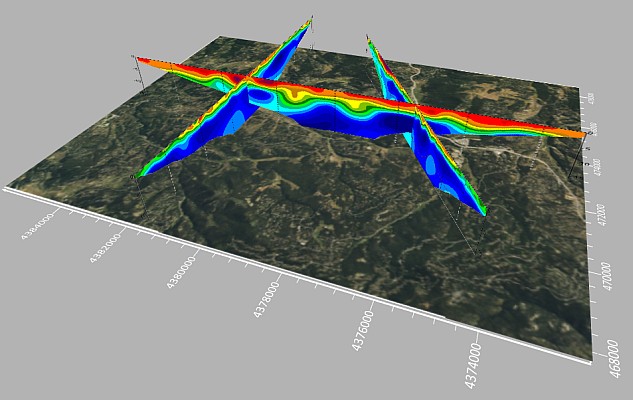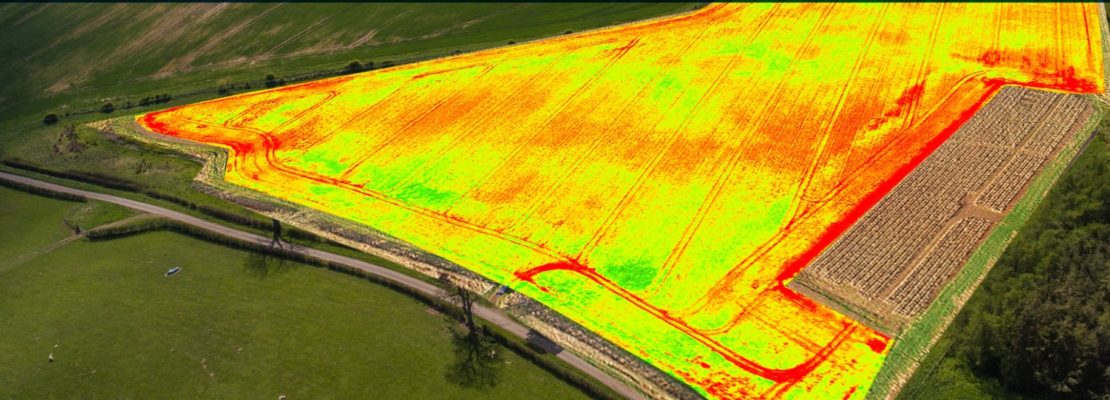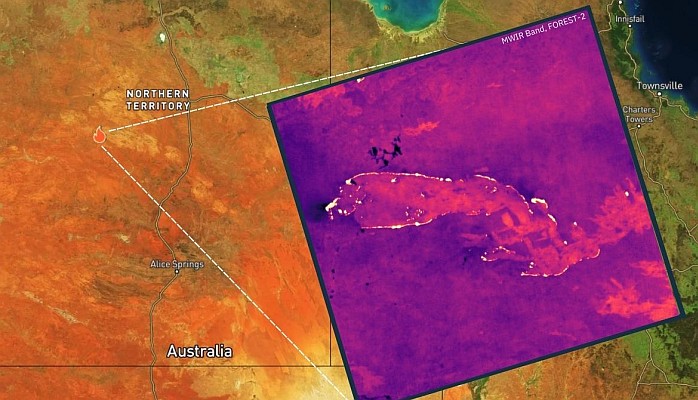When it comes to open data, Arnulf Christl from mataspatial in Bonn sees the issues of licensing, data protection and hazy concepts as being the most pressing problems. Ulrich Püss, Chairman of the Working Committee of the Surveying Authorities of the States of the Federal Republic of Germany (AdV), is more concerned about financial viability: “If land registers and surveying authorities are to do without the income that comes from passing on their geodata, their budgets will have to be adjusted accordingly. We need a political solution here.”
“When public providers use open geodata for commercial purposes, there is sometimes a clash between national and international copyright, intellectual property and licensing law. Data protection is also not always clearly regulated,” says Christl, describing two aspects of the current problems on the topic of open data. Hazy concepts are also causing problems. “The definitions of open data, volunteered geographic information (VGI) and crowdsourced data, for example, are not clearly laid down. When the players involved then enter into an exchange, misunderstandings are almost par for the course,” Christl explains.
 In his lecture “The use of OSM data in the public sector”, part of the Intergeo conference programme taking place between 9 and 11 October 2012 in Hanover, Christl will therefore deal with the definitions of such terms and also give advice on the various licenses for geodata.
In his lecture “The use of OSM data in the public sector”, part of the Intergeo conference programme taking place between 9 and 11 October 2012 in Hanover, Christl will therefore deal with the definitions of such terms and also give advice on the various licenses for geodata.
It is also interesting to look at how open data is handled internationally. “Every country deals with it differently,” says Christl. While New Zealand and South Africa, for example, now intend to link their data with OpenStreetMap, the British authorities had to be forced by politicians to make even a part of their geodata freely available. In Denmark, an authority which is responsible for transparency published data against the will of the land registry, which itself is responsible for ensuring data is up-to-date and of the required quality. Germany is also a mixed bag. Christl: “Some German local authorities make their OpenStreetMap data available – others put up more of a fight.” AdV Chairman Ulrich Püss believes Berlin and Hamburg have gone further down this road than others.
According to Püss, “The federal states are currently discussing whether geodata from land registers and surveying authorities should and could really be passed on without licensing and free of charge.” He presents his argument thus: “If the authorities are to maintain the quality and topicality of the data despite the increasing cost of obtaining it and shrinking budgets to cover these costs, then they simply have to generate income with the data. Unless, that is, their budgets are boosted accordingly.” Although Püss does think it possible that the shared data could generate a significant value-added chain and this would in turn then give rise to tax revenue to balance the books, he doesn’t see how this could be proven. This doesn’t make the discussion any easier.
All the more important, then, to look at what is happening with the Internet map service WebAtlasDE, which has been available since March 2012 and can be used free of charge at geoportal.de. The technology company Fujitsu Germany, for example, uses WebAtlasDE data to gather experience in handling publicly available basic geodata against the backdrop of the current discussion on open government and open data at federal and state level. Besides Fujitsu, other companies are also interested in implementing WebAtlasDE data in their own GIS applications.
The subject of open data will also be at the heart of many discussions on the fringes of Intergeo, the leading conference trade fair for geodesy, geoinformation and land management. For example as part of the conference programme, especially in the GeoDataBarCamp.






